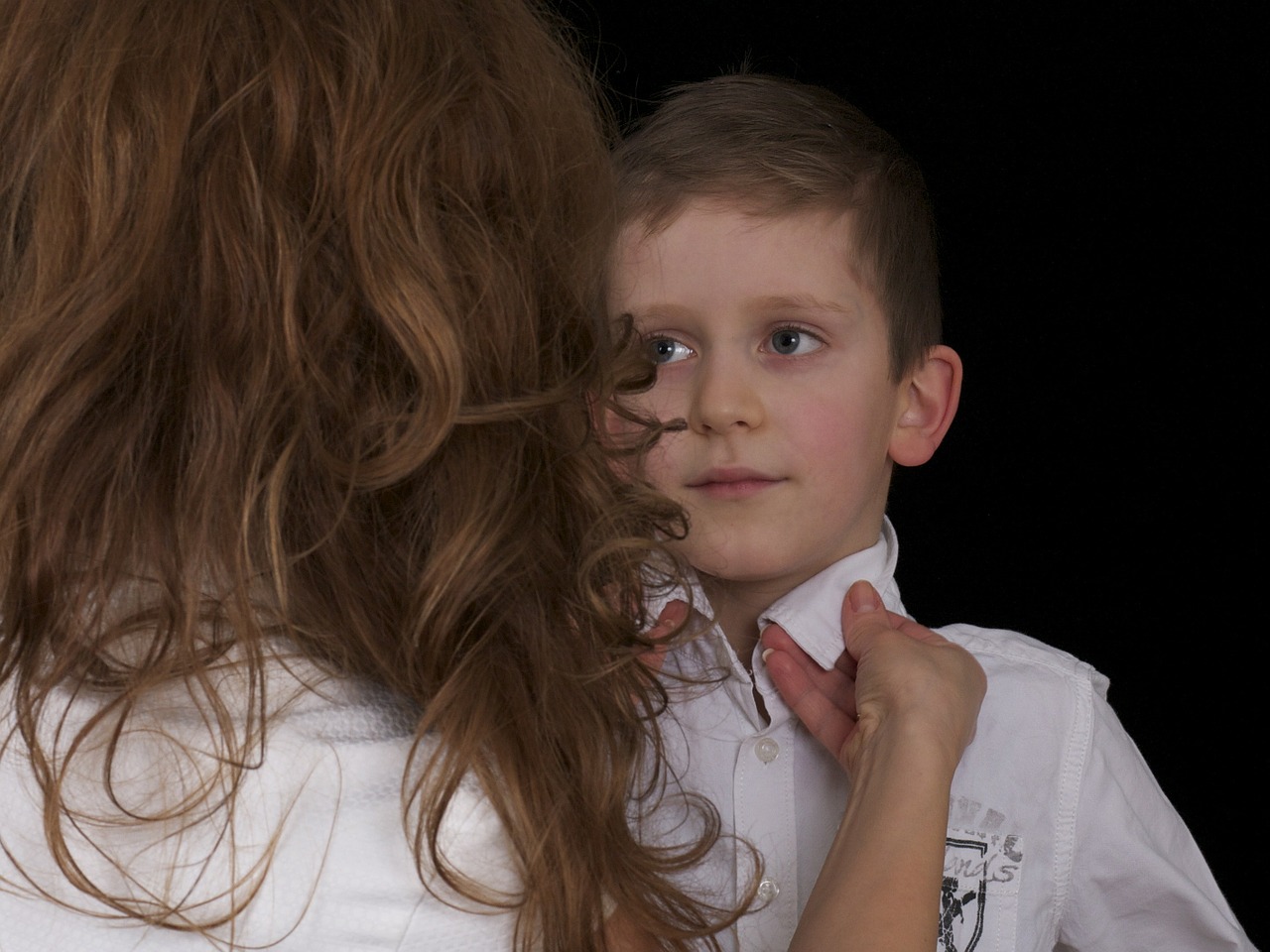As awareness of Parental Alienation and its effects on children increases, the possibility that it can be used improperly also increases.
There appears to be a growing phenomenon of improperly accusing, let us say, Parent A of being an Alienating Parent by the actual Abusive Parent, whom we shall refer to as Parent B. This spurious explanation is initially offered up as explanation as to why the children are hesitant to see Parent B, when, in actual fact, Parent B has been abusive to them or to the other parent.
It is important to note here that the abusiveness of Parent B is well established. There are typically Orders of Protection and Police involvement that go beyond only accusations of abuse. The abuse is clear and not in dispute. This is the first phase.
This is then followed by the phase where the abusive parent puts pressure on the children to “act out” that their parental agenda of vilifying the other parent. This typically takes the form of the children beginning to be provocative and testy with that parent, to which that parent typically then eventually responds by becoming upset, and to some degree, “loosing it.”
This episode is then portrayed by the abusive parent as being emblematic behavior of the now estranged parent, and representative of his or her instability.
The focus now shifts to the non-abusive parent, Parent A, who now is seen as being unstable, abusive, and in dire need of therapy.
In the period of time that this sleight of hand takes place, the reality of the abusive parent’s (Parent B) abusive behavior, which has been clearly documented and recognized by the court, is now obfuscated by these more recent developments, and essentially forgotten.
The original non abusive parent (Parent A), who was a victim of the abuses of Parent B, has now been manipulated into appearing to be unstable and abusive. Parent B improperly uses an allegation of Parental Alienation to explain why the children are not as keen to see him or her.
Here, the abusive Parent has blamed the other parent for the children’s feelings, when the record clearly shows that his or her behavior was the problem. However, since the children are still emotionally connected even to abusive parents, this abusive parent manipulates this connection with the children to begin the actual process of alienating them from the other parent, the one accused of being an Alienating Parent.


Opposing council said in open court, Alienation is not illegal in the state of Ohio.
They have out spent me at every turn. In July, ( 8th ), there is a hearing for adoption of my son. I can’t find an attorney to help me. My last one thru me under the bus. My son’s Aunt & her Husband now have custody. He’s a Hamilton Count Sheriff’s Deputy, and so is his father. I’m being run over by money and politics. I haven’t seen him in three years now. They quit bringing him to ordered visitation. I have a contempt charge pending but it will be moot if the adoption goes thru.
I don’t know what can be done to keep this from happening. I’ve been fighting them & his grand parents for 4 years now. His mother died, and now he’s lost me.
Any thing you can do to help me or direct me will be appreciated. Thanks, Blessings, Robert
Hi Robert, we sent you an email reply.
This exact situation has happened to me my son’s father is a narcissistic abuser and hestabbing me in the back and used underhanded tactics including lying in court to gain custody of my son and I say my son because he told me when he got custody he called just to say who has your son now Lauren. He is extremely abusive and he wants me to be erased and I’m really close to getting there because I have been fighting and fighting and fighting by myself and nobody will help me they think it’s all me… I didn’t do anything wrong… I just want to love my son.
Very good, accurate and concise explanation, thank you